Christmas Tree Recycling
Once the ornaments are packed away and the lights are unplugged, Christmas trees around Marietta and Cobb County still have work to do. Through free curbside collection in the City of Marietta and multiple recycling drop-off sites across Cobb County, those evergreens can skip the landfill and be turned into mulch for beautification projects, erosion control, and local water retention efforts. It is a simple way for holiday trees to have a useful second life instead of an unceremonious trip to the dump.
For City of Marietta residents, the City of Marietta will offer free Christmas tree pick up service to residents.
To utilize this service, residents must have the tree on the curbside by 7 am and the trees must be free of all decorations. Trees with lights, stands, tinsel, ornaments, or nails will be picked up as garbage on the next pick up day.
To find your personalized schedule based on your address, please download the City of Marietta’s “Trash Talk” app from the Apple App Store or Google Play Store to get information on your scheduled pickup days, holiday schedule changes, Christmas tree pickup dates, and other updates or changes that may occur.
For more information, please call City of Marietta’s Environmental Services Division at (770) 794-5595.
For residents of Cobb County, Keep Cobb Beautiful is sponsoring free Christmas tree recycling drop-off locations throughout Marietta and Cobb County.
The following parks and recreation location will accept trees starting on Christmas Day and ending on January 3, 2026 at 2 pm:
- Fullers Park – 3499 Robinson Road in Marietta
(Fullers Park will accept trees at the lot down the street on Robinson Road close to intersection of Robinson Farms Drive)
Trees will be accepted at select Home Depot locations starting on Christmas Day and ending on January 3, 2026:
- 3355 Cobb Parkway in Acworth
- 1200 East-West Connector in Austell
- 2350 Dallas Highway in Marietta
- 4101 Roswell Road NE in Marietta
- 449 Roberts Court NW in Kennesaw
- 3605 Sandy Plains Road in Marietta
- 1062 Richard Sailors Parkway in Powder Springs
- 1655 Shiloh Road in Kennesaw
- 1062 Richard Sailors Pkwy in Powder Springs
- 2450 Cumberland Pkwy SE in Vinings
 Recycling trees creates mulch, fuel, wildlife habitats and other useful material. In Cobb County, recycled trees will be chipped into mulch and used throughout Cobb for beautification projects, soil erosion prevention, lakes, pond and water retention efforts.
Recycling trees creates mulch, fuel, wildlife habitats and other useful material. In Cobb County, recycled trees will be chipped into mulch and used throughout Cobb for beautification projects, soil erosion prevention, lakes, pond and water retention efforts.
Bring One for the Chipper
Christmas tree recycling concludes with Keep Cobb Beautiful’s annual Bring One for the Chipper event on Saturday, January 3, 2026 from 10 am to 2 pm at locations across Cobb County. The event is part of Georgia’s statewide Christmas tree recycling program. As a local affiliate, Keep Cobb Beautiful partners with Cobb County Parks, sponsors, supporters, and volunteers to collect cut Christmas trees and recycle them into mulch.
Since the program began, an estimated 5.9 million trees have been recycled across Georgia, with mulch used on playgrounds, in local beautification projects, and in individual yards. Residents can take part by dropping off their natural Christmas tree at one of the designated sites listed above or by volunteering with Keep Cobb Beautiful to help collect trees.
Free mulch is also available at select locations. For more information, please call (770) 528-1135 or email keepcobbbeautiful@cobbcounty.org to receive a mulch request form.
Please Note:
Flocked trees are not accepted as they are harmful to wildlife. Trees must have all decorations, mesh, lights, wires, stands and strings removed prior to drop off. No other items will be accepted.














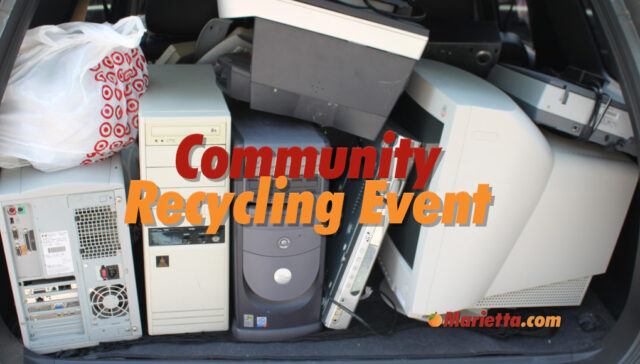






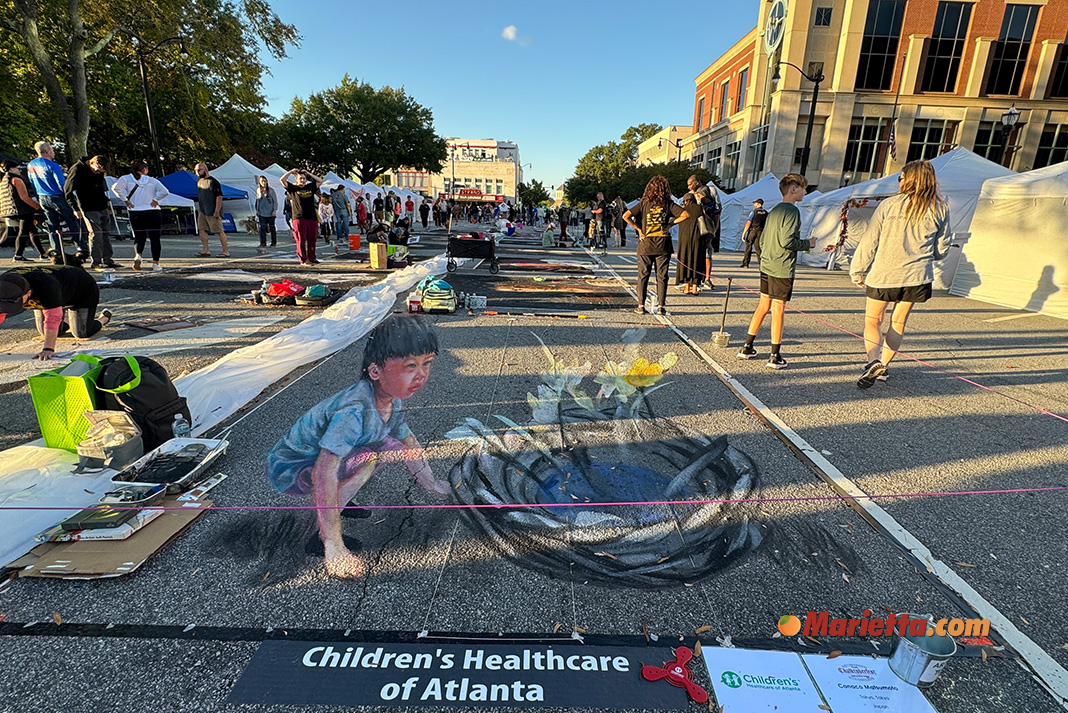
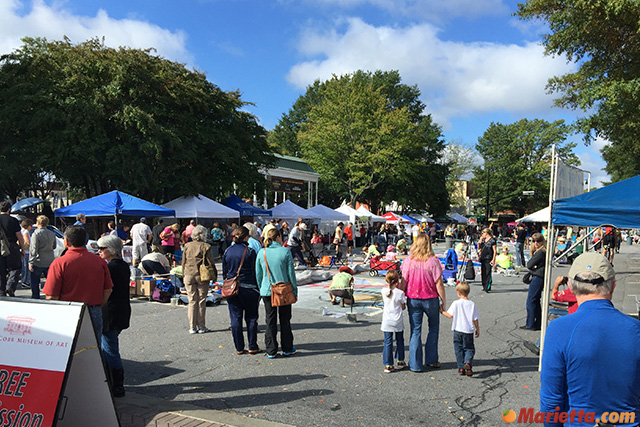





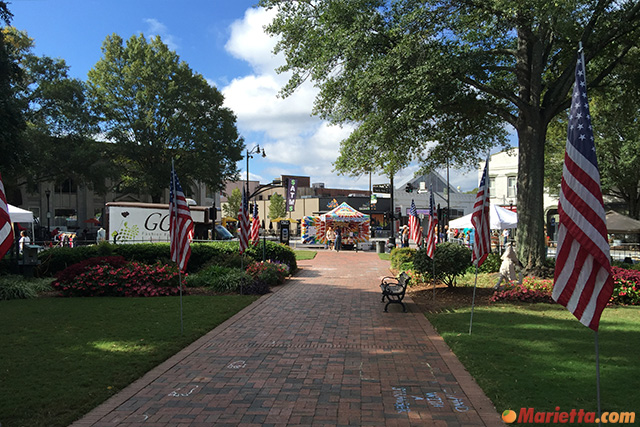



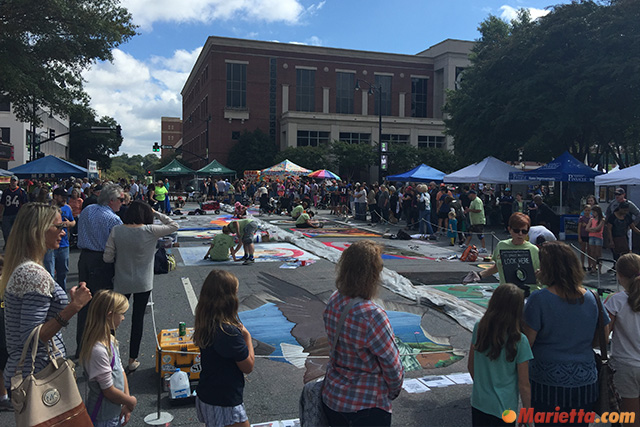

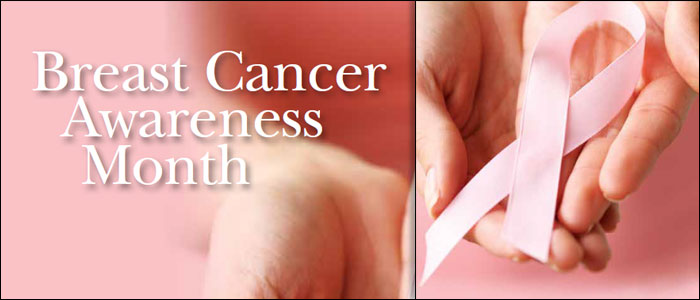



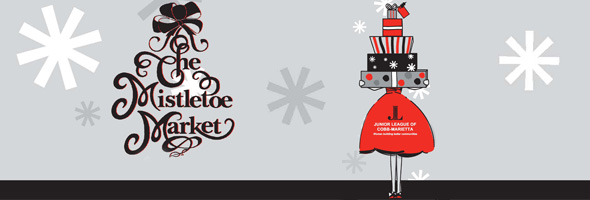
 As the largest fundraiser for the JCLM, Mistletoe Market was a wonderful opportunity to shop for high quality items while helping fund community projects supported by the JLCM. Each year, the Junior League of Cobb-Marietta’s financial impact was more than $200,000 through annual grants and volunteer hours being given to various community projects and agencies in Cobb County including Cobb County Safety Village, The Center for Family Resources, SafePath Children’s Advocacy Center, The Center for Children and Young Adults, Communities in Schools, Omosaze, Inc., and the Cobb County Youth Museum.
As the largest fundraiser for the JCLM, Mistletoe Market was a wonderful opportunity to shop for high quality items while helping fund community projects supported by the JLCM. Each year, the Junior League of Cobb-Marietta’s financial impact was more than $200,000 through annual grants and volunteer hours being given to various community projects and agencies in Cobb County including Cobb County Safety Village, The Center for Family Resources, SafePath Children’s Advocacy Center, The Center for Children and Young Adults, Communities in Schools, Omosaze, Inc., and the Cobb County Youth Museum.














